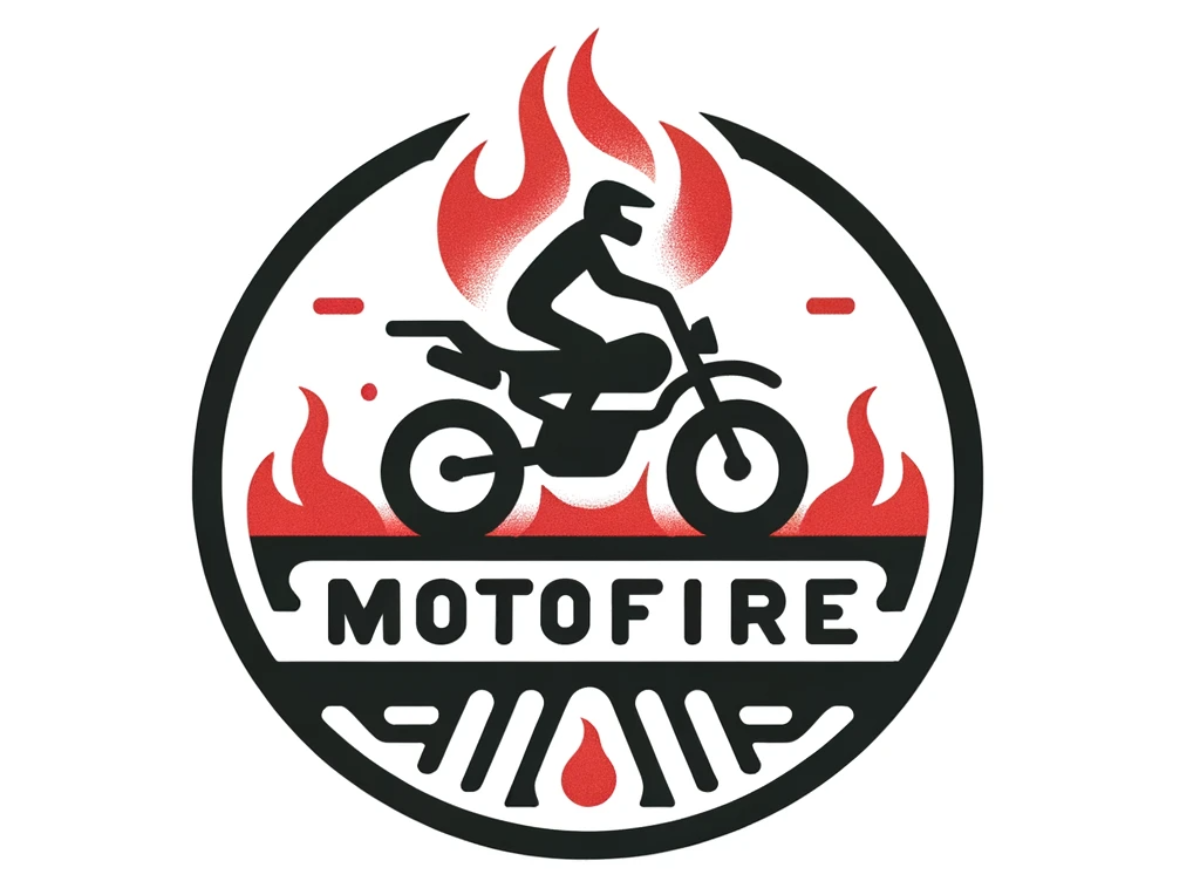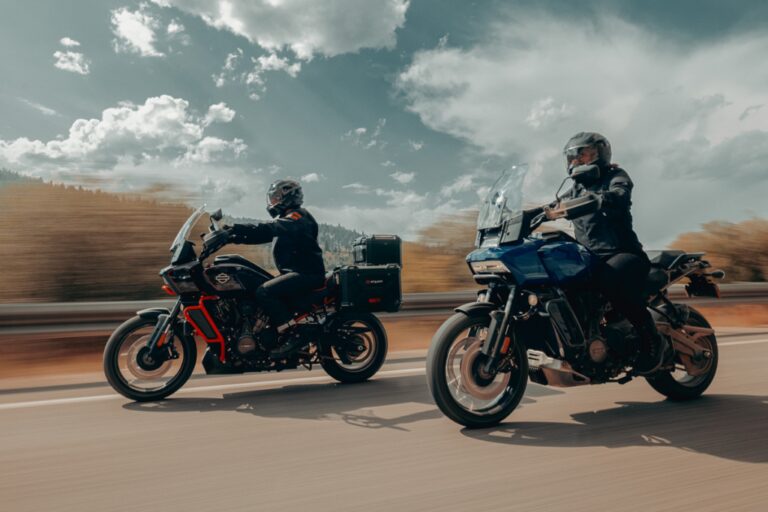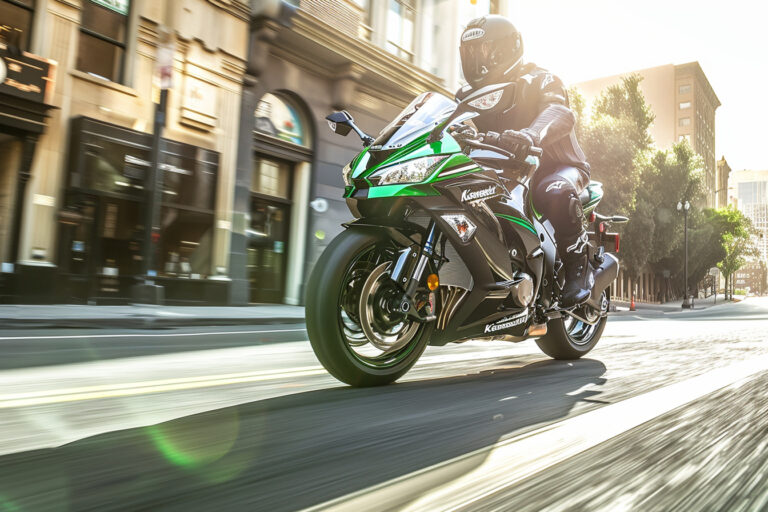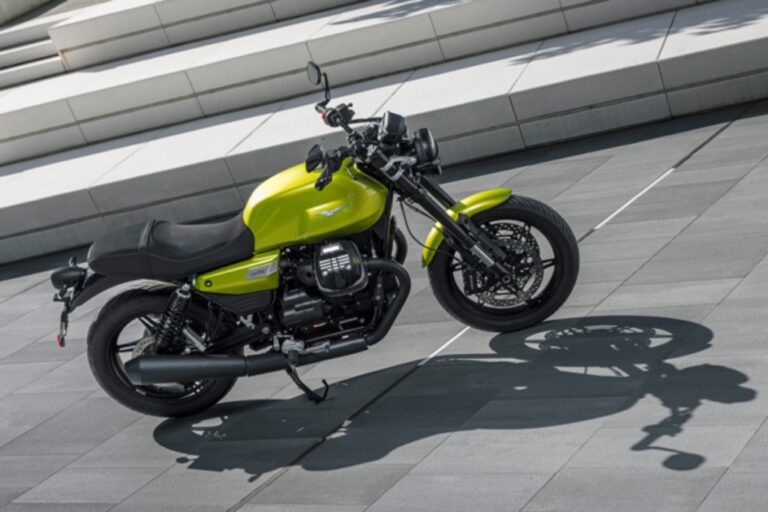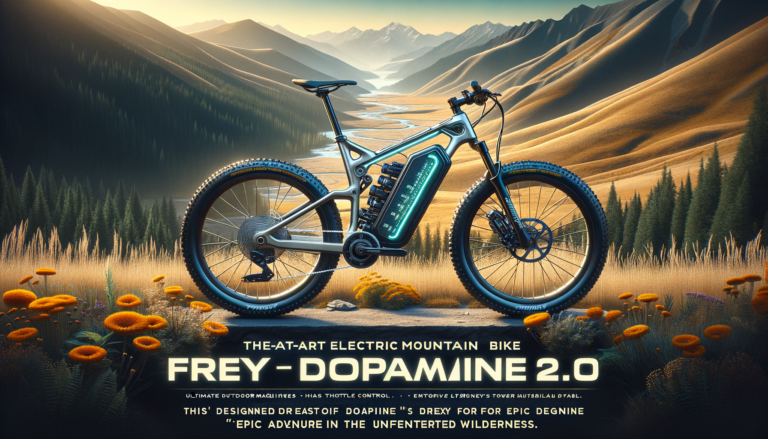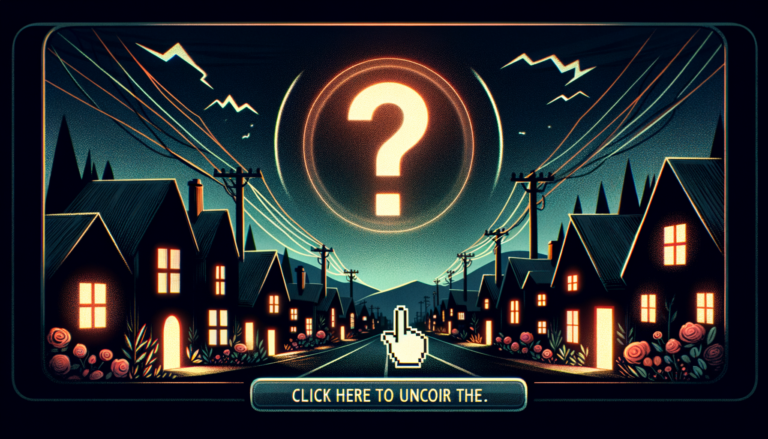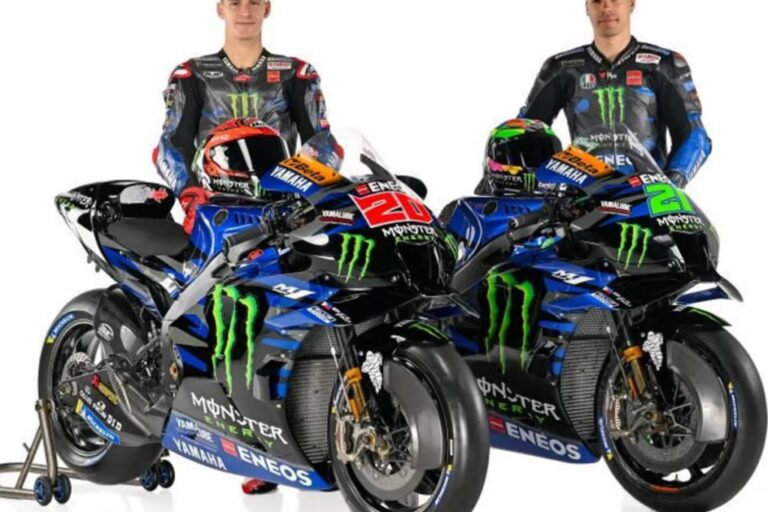high-end motorcycle brand faces extinction as no buyers step forward
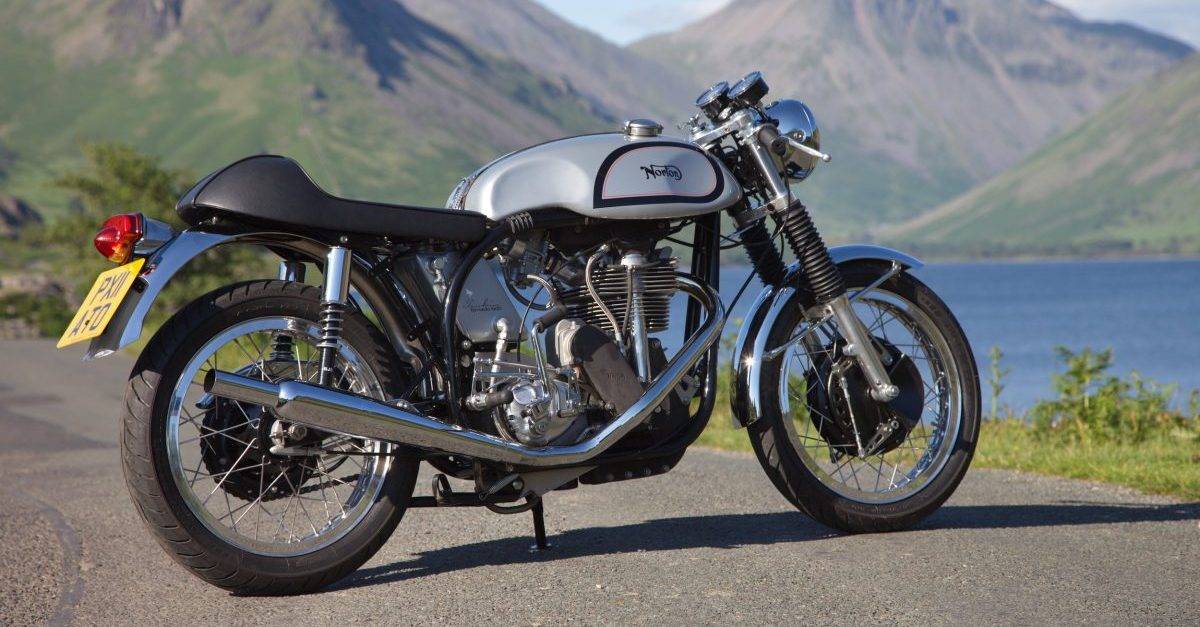
Energica Motor Company, once hailed as the epitome of Italian engineering, has quietly faded into oblivion. Supposed to redefine electric high-end motorcycles, the brand saw its aspirations crumble in a market that favored traditional performance and tangible sensations. A series of missteps, from a costly reliance on tech innovations to a lack of after-sales support, culminated in a silent auction that attracted no bidders.
high-end motorcycle brand on the brink: the final downfall of energica
Founded in 2014, Energica carried immense promise as an innovative player in the motorcycle industry. Built from the expertise of CRP, the brand was expected to revolutionize the scene with its lithium-ion powered bikes. However, after supplying the MotoE championship for four years, the departure of Ducati in 2023 sent shockwaves through its core identity.
Without the visibility provided by MotoE, the brand was reduced to an expensive logo and a warehouse full of unsold models. Investors lost faith as even its major backer, Ideanomics, stepped away. The auction on March 20, 2025, set with a price tag of €4.27 million and a minimum of €3.2 million, recorded zero bids. This stark silence underlined the industry’s skepticism towards a concept that never fully resonated with riders accustomed to the visceral experiences offered by names like Ducati, Harley-Davidson, and BMW Motorcycles.
market realities and technical brilliance: why energica failed to electrify the moto world
Despite its visionary technology, Energica’s offerings were too far removed from what the market truly demanded. While rivals such as Yamaha, Kawasaki, and Triumph delivered machines with raw power and traditional torque, Energica’s models—like the Eva Ribelle and Ego RS—were considered too heavy, too expensive, and too dependent on prolonged recharge times.
The mechanical superiority of its designs, featuring rigid chassis and precise electronics, could not mask the absence of a robust service network. Without reliable spare parts, consistent software updates, or any semblance of connectivity, the promise of a high-end electric performance remained unfulfilled. The failure has prompted industry observers to draw parallels with other niche brands, including Aprilia, MV Agusta, Indian Motorcycle, and Honda, which continue to refine their offerings with a better balance of technology and traditional motorcycle heritage.
the ripple effects: a cautionary tale for electric motorcycle ventures
The demise of Energica casts a long shadow over the future of electric motorcycles. In an industry where giants carefully balance innovation with tradition, the abrupt exit of a brand once celebrated for its cutting-edge engineering underscores the complexity of market acceptance. As traditional brands evolve—Ducati retooling its race machines, Harley-Davidson recalibrating its premium lineup, and BMW Motorcycles keeping pace with technological fusion—the challenges for newer ventures become ever more apparent.
This episode is a stark reminder that high performance and technological prowess alone are not enough. Without an infrastructure capable of supporting a warranty, service, and rapid troubleshooting, even the most promising innovations may fall by the wayside. The case of Energica, now a ghost of its past, will undoubtedly fuel further debates and strategic shifts in the industry.
industry insights: lessons from energica for upcoming motorcycle innovators
The Energica saga reveals the risks of pursuing radical innovation without aligning it with consumer expectations. Motorcycle enthusiasts, particularly those loyal to the visceral sensations associated with brands like Kawasaki, Yamaha, and Triumph, demand more than just engineering marvels—they seek reliability and excitement. Industry players must integrate robust after-sales service and practical reliability to appeal to a market steeped in tradition.
The silent auction and subsequent liquidation have served as a hard lesson; even in an era teeming with technological prospects, the market remains deeply conservative. As experts on platforms such as MV Agusta and Indian Motorcycle debate the future of electric options, the energy once anticipated now serves as a cautionary beacon for emerging innovators.
